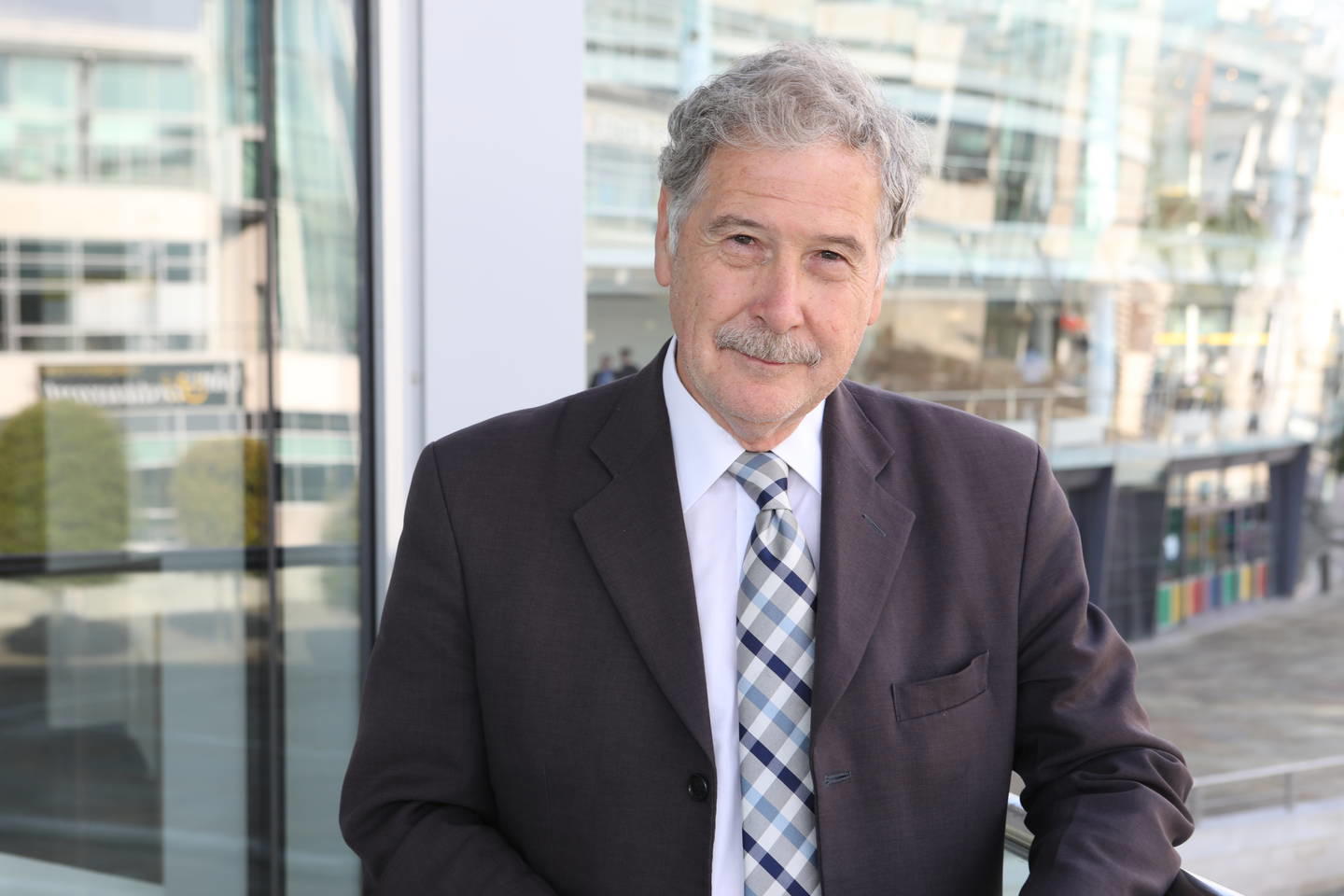‘Two phrases have stood out for me during this pandemic. The first is “shone a light on” and the second is “totally laid bare”. The two phrases have been very appropriate where I work in the North East of England as far as health inequalities during this crisis are concerned.’
 RAE: ‘We can’t do it alone’
RAE: ‘We can’t do it alone’
For BMA North East regional council chair George Rae, health inequalities have always been a serious worry. In his region, there are sections of the population that face lower life expectancy than they did a decade ago in 2010. Those are the sorts of figures that suggest very worrying things are happening in communities and across a country.
But, as Dr Rae told the ARM (annual representative meeting), the COVID-19 pandemic has put these issues into immediate, and powerful, focus.
‘We have the data to show that deprived areas have experienced double the death rates of those in more affluent areas in England. Is this not honestly a national shame? We all know that the social and economic environments in which we are born, we move among and we live in, have a huge impact on health inequalities.’
These are issues of huge importance and doctors at the ARM voted for a motion which said the COVID-19 pandemic and the Black Lives Matter movement have demonstrated the importance of addressing health inequalities and racism in the UK.
Action needed
As a result, doctors will call for increased funding for public health to tackle ethnic, geographic and gender inequalities in the UK, greatly improved recording and analysis of ethnicity in the NHS and specific action based on culturally sensitive research to address the health, social and educational problems caused to BAME (black, Asian and minority ethnic) school children, and to make recommendations to reduce these inequalities.
Dr Rae said: ‘We can’t do it alone as doctors and we must support public health – support them in getting the proper part of funding because without that we will all be in this situation again in the future and that is not acceptable.’
BMA council chair Chaand Nagpaul said: ‘This comes at a time when the Government has been dragging their feet over the implementation of the PHE [Public Health England] report into the disproportionate impact of COVID-19 for people from BAME backgrounds.
‘This is why the BMA has called for increased funding for public health to tackle ethnic, geographic and gender inequalities following sustained cuts. Greater recording and analysis of ethnicity within the NHS is also crucial going forward, as the pandemic has shone an important, albeit alarming, light on the tragic disproportionate impact on BAME communities and healthcare workers.’
Structures and systems
The passed motion also called for every person involved in NHS recruitment to have training on diversity and unconscious bias, for a mentorship scheme for BAME NHS managers and clinical leaders to be developed and for transparent recruitment and promotion systems in all NHS organisations.
Dr Nagpaul added: ‘Removing barriers to progression is a crucial part of tackling inequalities, which the BMA believes begins with addressing the educational barriers facing BAME school children. This must also be reflected in the workplace with the need for diversity in leadership to build an inclusive culture. The BMA believes it is right that all NHS trust and organisation boards should be reflective of the ethnic make-up of the organisation they manage, alongside transparent recruitment and promotion systems across all NHS organisations.
‘Addressing the structural inequalities and systemic biases that exist within the NHS is absolutely crucial, and one key step for improvement is facilitating the progression of doctors from minority ethnic or under-represented groups through a mentorship scheme.
‘This is not just making a few small changes; this is about changing the entire system for the better. A change that will mean doctors in years to come will not face the same barriers as many others have and continue to face. The Government has a moral imperative to address these inequalities and act now.’
- The decision to pass ARM motion 43 and support the Black Lives Matter movement and its overarching aim to eradicate all racism and injustices faced by black people across the world was taken by the BMA’s representative body. It is not an endorsement of specific organisations or tactics. The BMA interprets this motion, as it believes the vast majority of representative body delegates did during the ARM vote, to refer to the broader ‘movement’ rather than support for any single organisation.

